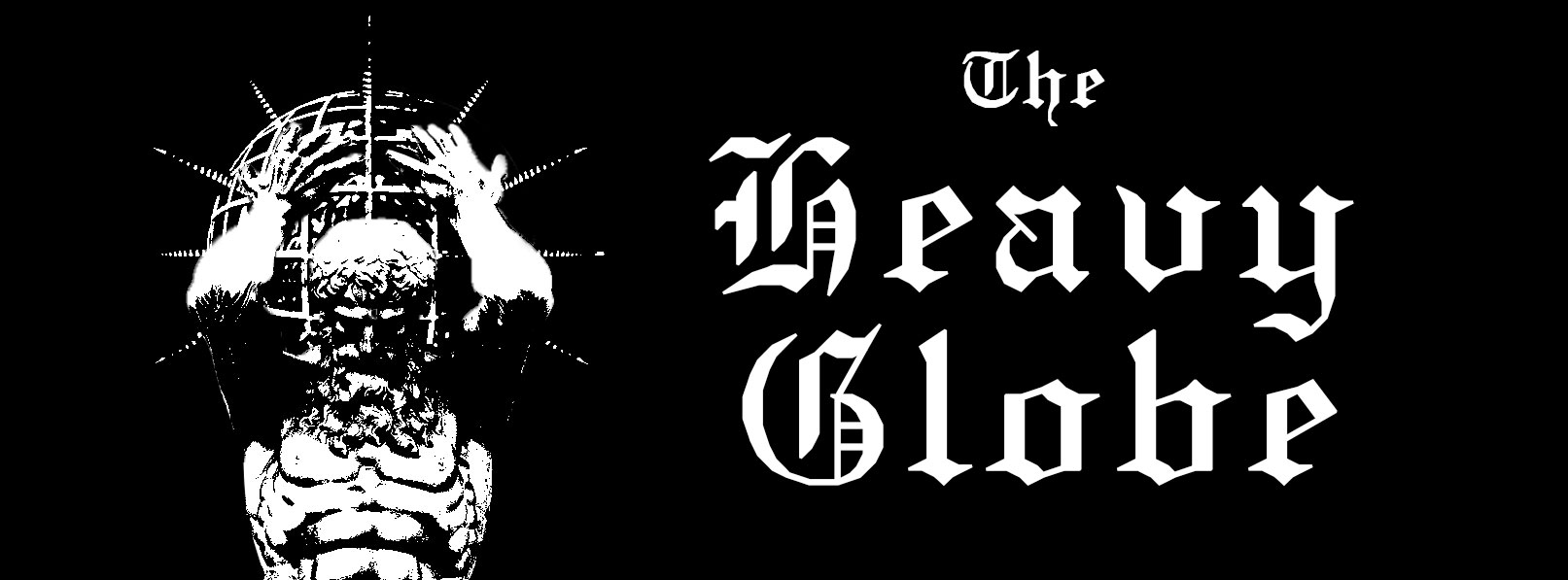Who
are they? What are they doing here? Where are they coming from? These are some
questions that may arise in someone’s head when listening to The Wakedead Gathering’s music for the
first time. It is not something unique or special in any way. It is just good
enough to exclaim: “They will be a good band.” And then you see that “Fuscus: Strings Of The Black Lyre” is
their third full length, that they have been around since 2008 and then you scratch
your head in denial. “I thought I knew shit.”
The
underground can be a deep well of souls and riffs and discovering new bands,
that are not new, is part of the game. It is like a gift, that it is not a
gift, waiting for the researcher, the explorer of sounds and atmosphere, the
investigator of riffs and growls of the night. Maybe they are spirits and they
were imprinted into the collective metal consciousness just a few days ago.
Maybe I should stop writing gibberish and get to the point.
They
balance atmosphere with quality riffs and each song is throbbing with a rhythm
that brings to mind traditional death metal covered with dark atmosphere. The
pace shifts from slow and doomy to fast, with leads and solos driving through
the riffs and the voice being a loud whisper, a demon that sings softly in your
ear about curses, witch hunt, the Great Grey Queen and mystical chants that are
lost in time. The story is being built along with the dark atmosphere created
by the music. It draws the listener in with its mystical and otherworldly
glamour.
What
stands out as the identity of The Walkedead
Gathering is riffs+atmosphere. I want and am generally inclined towards
riffs when listening to metal. It is my thing. For example the core riff of “Amnioticysts” is murky, thick and
engaging. The voice is covered with the chaotic ambience of the music, giving
the sense of slowly sinking into mud. It feels grey, solid, threatening and
otherworldly. It is like a fog that slowly covers you and suffocates you.
Simple
riffs, murky sound, engaging rhythms, shout whispers and classic death metal
leads. It is not about anger and speed and technicality. It is about the proper
atmosphere, a bunch of good riffs and decent composition. They induce it like
it is their nature. They probably live in a cemetery, drinking blood from
skulls, eating from the carcasses.
“Fuscus” is a good death metal album
but it doesn’t seem to call me back as much as I would want it to. And I say this
because The Wakedead Gathering have
the potential to create a great death metal album. It is a fun and enjoyable experience
but feels like it could have been more. Or maybe, I just want more.







